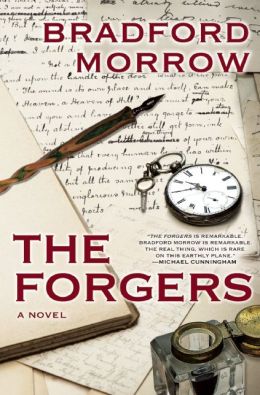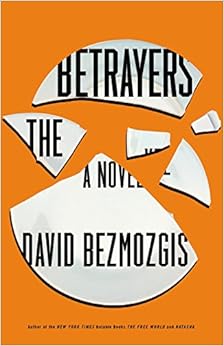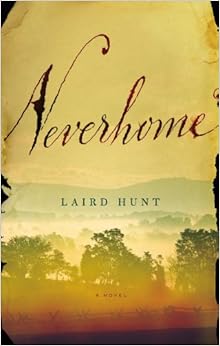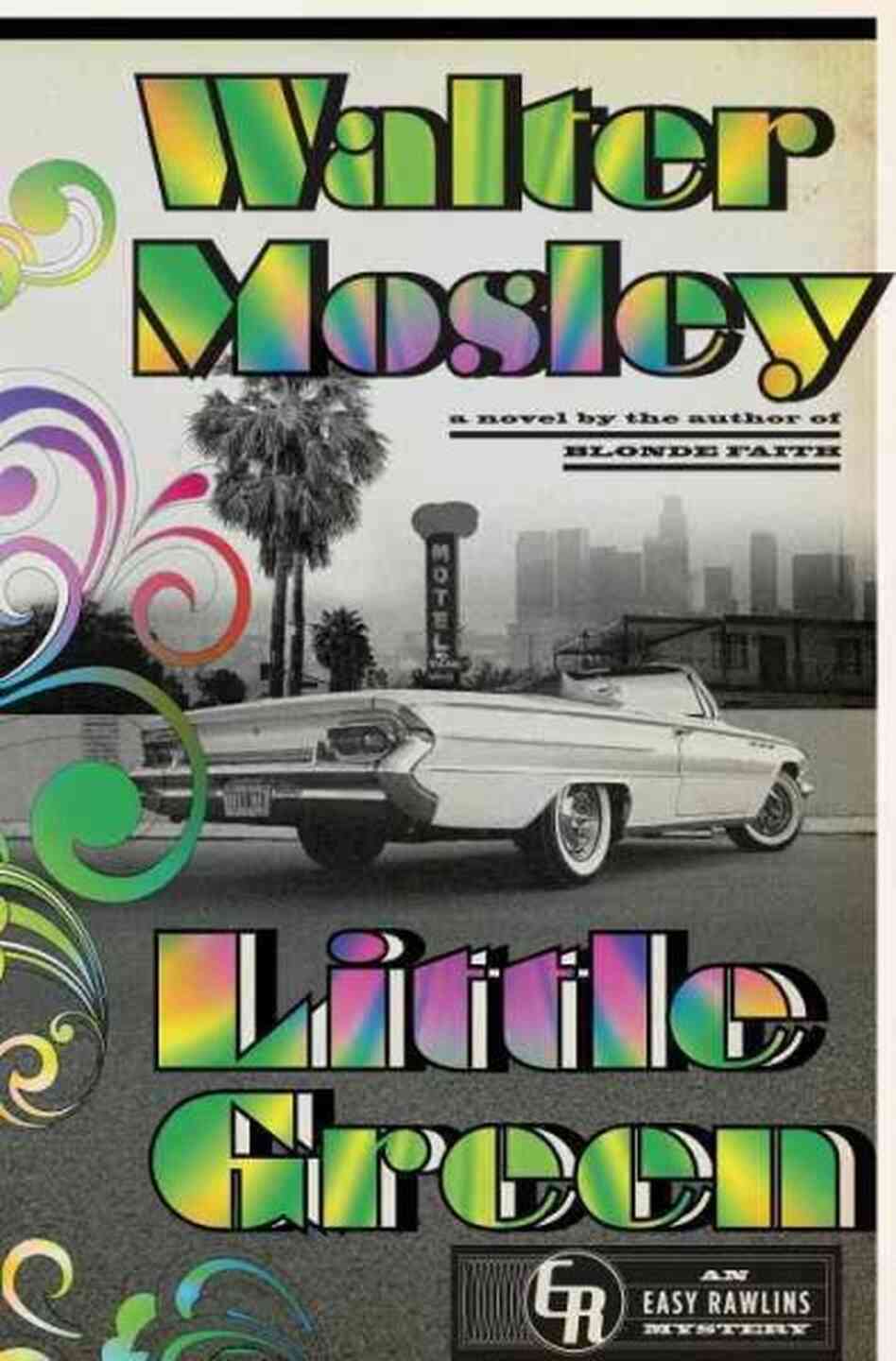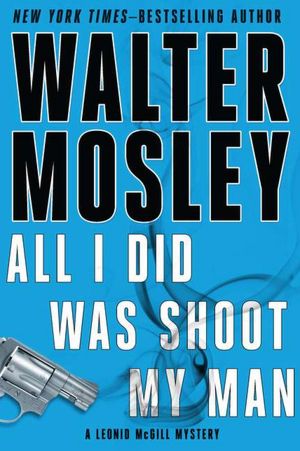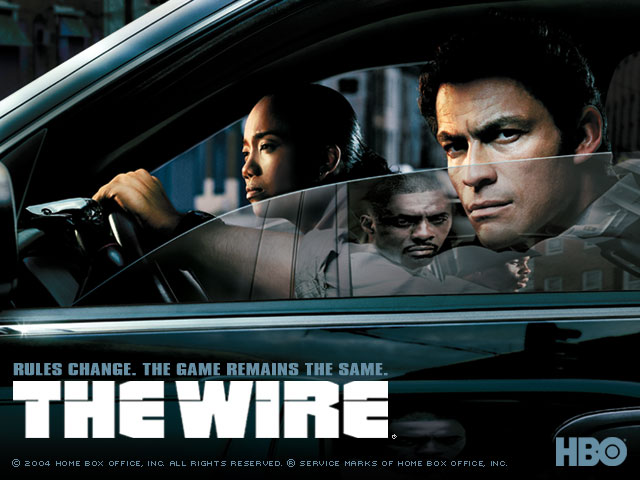 Sometimes I feel I live under a rock, at least as far as watching TV. This week I finally discovered The Wire, a crime drama set in Baltimore, Maryland that ran from 2002 to 2008. Its first season focuses on the drug trade in one of the city's housing projects and we see it from the perspective of both police and criminals. It is literary fiction unfolding on the screen.
Sometimes I feel I live under a rock, at least as far as watching TV. This week I finally discovered The Wire, a crime drama set in Baltimore, Maryland that ran from 2002 to 2008. Its first season focuses on the drug trade in one of the city's housing projects and we see it from the perspective of both police and criminals. It is literary fiction unfolding on the screen.I was shocked to learn that despite its critical acclaim, the series wasn't widely popular. This was perhaps due to its scheduling, a slowly developing and complex plot, a very flawed police force and use of slang and profanity. For example, a cop does a slipshod investigation of a woman shot in her kitchen and the two detectives later investigating the crime scene communicate with each other using only profanity, which doesn't prevent them from quickly figuring things out. I must be crude, because I found the scene very funny. I'm enjoying the episodes a lot.
We Material Witnesses are previewing winter books to keep us out from under a rock. If that's where you've been living, you might want to lookie here.
 |
| Denzel Washington as Easy Rawlins in Devil in a Blue Dress |
 The next Mosley book, Inside a Silver Box (Tor, January 27), is similar to his The Last Days of Ptolemy Grey in that it doesn't fit readily into a single genre. It focuses on some of Mosley's enduring themes, the nature of good and evil and finding a way to bridge Americans' social and economic divides. The two New Yorkers who join together to battle evil in Inside a Silver Box couldn't begin their partnership in a more unlikely way.
The next Mosley book, Inside a Silver Box (Tor, January 27), is similar to his The Last Days of Ptolemy Grey in that it doesn't fit readily into a single genre. It focuses on some of Mosley's enduring themes, the nature of good and evil and finding a way to bridge Americans' social and economic divides. The two New Yorkers who join together to battle evil in Inside a Silver Box couldn't begin their partnership in a more unlikely way.Ronnie Bottoms is a black man and a criminal. Lorraine Fell is a white grad student jogging in Central Park when Ronnie clunks her with a rock. The dying Lorraine falls onto the Silver Box, a malignant alien race's powerful AI device that turned against and captured its designer, the Laz. The Box enables Ronnie to resurrect Lorraine, but when he does this, some of the Laz escape. The Box sends the duo off to gain superpowers and save humankind from the Laz, who now seek to regain their control over the Box. To prevent this, the Box might have to obliterate the Earth. It all seems to add up to Mosley unshackling his imagination, jumping on his hobbyhorse and going to town in A Big Way. And that should be very entertaining.
 It sounds as if journalist Peter Buwalda has likewise let himself go wild in a first novel of feverish family dysfunction, Bonita Avenue (translated from the Dutch by Jonathan Reeder; Hogarth/Random House, January 13). Early reviewers call Buwalda a Herman Koch/Jonathan Franzen/Philip Roth hybrid. His unhappy mathematician and judo expert, Siem Sigerius, finds solace in online porn only to discover one of his favorite websites stars his stepdaughter, Joni.
It sounds as if journalist Peter Buwalda has likewise let himself go wild in a first novel of feverish family dysfunction, Bonita Avenue (translated from the Dutch by Jonathan Reeder; Hogarth/Random House, January 13). Early reviewers call Buwalda a Herman Koch/Jonathan Franzen/Philip Roth hybrid. His unhappy mathematician and judo expert, Siem Sigerius, finds solace in online porn only to discover one of his favorite websites stars his stepdaughter, Joni.And that's only the beginning of a 544-page epic that jumps between continents and breaks into multiple to-and-fro timelines that Kirkus likens to a structure achieved by a film director fueled by bourbon and coke, who has hacked away on his footage with "runic abandon." The novel is narrated by the unreliable trio of porn entrepreneur Joni, her schizophrenic ex-boyfriend, Aaron Bever, and her stepdad, Siem, whose possible candidacy for secretary of education opens him to blackmail. In addition, Siem's son, Wilbert, who was imprisoned––on Joni and Siem's perjured testimony (we're talking take-no-prisoners family warfare here, folks!)––slithers back, bent on retaliation.
The UK's Telegraph calls Bonita Avenue a "swirling helix of a family saga that swerves from gross-out sex comedy to pitch-black revenge tragedy as twist after twist reframes what we know about its dysfunctional cast" and I can't wait to read it before it hits the big screen.
After those two unusual books, are you ready for something quiet, insightful and kinda creepy? A Karin Fossum book could fit the bill. I also have hopes for The Sweetness of Life (translated from the German by Jamie Bulloch; Quercus/MacLehose, December 2), because (1) it's a bestseller in Germany and winner of the European Union Prize for Literature and (2) its author is a Viennese writer and child psychiatrist. Paulus Hochgatterer sets this psychological thriller in the Austrian village of Furth am See during the Christmas season.
It begins with Sebastian Wilfert's 6-year-old granddaughter, Katharina, playing with her opened presents at her grandfather's cabin. The doorbell rings and her grandfather goes to answer it. When she finds him later, he is sprawled dead outdoors, his face a mess of red against the snow. Katharina hasn't let loose of the two plastic toy pieces she then had in her hand or spoken since she was traumatized. She is taken to child psychiatrist Raffael Horn and Horn is pulled into Det. Ludwig Kovacs's murder investigation. Horn and Kovacs must deal with their own personal struggles as they uncover ill-will and violence amidst the village's holiday festivities.
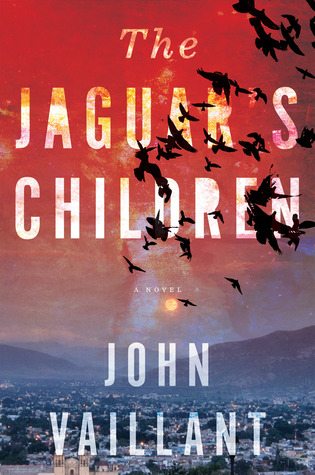 There are 15 people trapped in a tanker truck awaiting rescue in John Vaillant's The Jaguar's Children (Houghton, Mifflin, Harcourt, January 27). The truck was carrying its illegal human cargo across the border from Mexico to El Norte when it broke down. The coyotes (or human smugglers) have taken all the passengers' money under the guise of getting a mechanic and have disappeared. Among the 15 are Héctor and his friend César, who was knocked into a coma when the truck lurched to a stop. Héctor has located a name, AnniMac, with an American phone number on César's cellphone but he's unsure if his messages are getting through. Héctor's texts and sound files form part of the novel's narrative. During the next days, Héctor flashes back to his hometown of Oaxaca and what brought him to this situation. The novel is a combination of suspense and literary fiction.
There are 15 people trapped in a tanker truck awaiting rescue in John Vaillant's The Jaguar's Children (Houghton, Mifflin, Harcourt, January 27). The truck was carrying its illegal human cargo across the border from Mexico to El Norte when it broke down. The coyotes (or human smugglers) have taken all the passengers' money under the guise of getting a mechanic and have disappeared. Among the 15 are Héctor and his friend César, who was knocked into a coma when the truck lurched to a stop. Héctor has located a name, AnniMac, with an American phone number on César's cellphone but he's unsure if his messages are getting through. Héctor's texts and sound files form part of the novel's narrative. During the next days, Héctor flashes back to his hometown of Oaxaca and what brought him to this situation. The novel is a combination of suspense and literary fiction.Canadian journalist John Vaillant's previous books include The Golden Spruce: A True Story of Myth, Madness, and Greed, about an act of eco-vandalism, and The Tiger: A True Story of Vengeance and Survival, about the hunt to trap a man-eating Siberian tiger. Both nonfiction books are excellent and the reason I want to read The Jaguar's Children, Vaillant's first novel.
 I'm trying to figure out the perfect time to read Yrsa Sigurðardóttir's I Remember You: A Ghost Story (translated from the Icelandic by Philip Roughton, Minotaur, March 2014). I'll tell you when the perfect time is not. Not when I'm in the house at night alone and the house is creaking like it does only when my husband and kids are gone. How does it know?
I'm trying to figure out the perfect time to read Yrsa Sigurðardóttir's I Remember You: A Ghost Story (translated from the Icelandic by Philip Roughton, Minotaur, March 2014). I'll tell you when the perfect time is not. Not when I'm in the house at night alone and the house is creaking like it does only when my husband and kids are gone. How does it know?Sigurðardóttir's upcoming book shouldn't be quite as eerie as her recent standalone. Reykjavik lawyer Thóra Gudmundsdottir returns in the fifth series book, Someone to Watch Over Me (translated from the Icelandic by Philip Roughton; Minotaur, February 17). Her client, Jósteinn Karlsson, has a friend, Jakob, with Down's Syndrome. Jakob has been convicted of setting the fire at his assisted-living facility that killed five people and Jósteinn wants Thóra to prove him innocent. Sigurðardóttir always weaves Iceland's past and current issues into her crime fiction. I'm looking forward to learning more about how Iceland's financial troubles have affected the country's social services and vulnerable citizens.
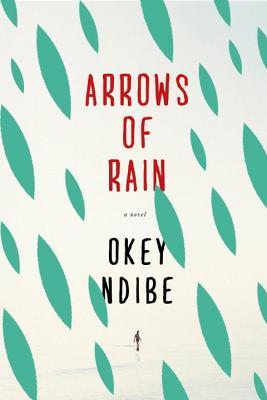 Have you read Okey Ndibe's Foreign Gods, Inc. (Soho, January 2014)? It is the story of Ikechukwu "Ike" Uzondu, who drives a New York City cab despite his economics degree from Amherst. Ike is hurting for money after his green-card marriage ends in divorce. He hits upon the idea of returning to his Nigerian village, stealing the statue of a god and selling it to a New York gallery specializing in such Asian and African antiques, Foreign Gods, Inc. This may sound like the description of a caper novel, but it's not. Using the framework of a literary thriller, it's a satirical and poignant look at culture clash and an American immigrant's dream.
Have you read Okey Ndibe's Foreign Gods, Inc. (Soho, January 2014)? It is the story of Ikechukwu "Ike" Uzondu, who drives a New York City cab despite his economics degree from Amherst. Ike is hurting for money after his green-card marriage ends in divorce. He hits upon the idea of returning to his Nigerian village, stealing the statue of a god and selling it to a New York gallery specializing in such Asian and African antiques, Foreign Gods, Inc. This may sound like the description of a caper novel, but it's not. Using the framework of a literary thriller, it's a satirical and poignant look at culture clash and an American immigrant's dream.After reading that book, I can't pass up Okey Ndibe's first novel, Arrows of Rain (Soho, January 6), originally published in 2000. It's about truth and justice and is set in the fictional African Republic of Madia, which has been ruled for 21 years by dictator Gen. Isa Palat Bello. The journalist Femi Adero uses a first-person narration to describe the fate of a man named Bukuru, sole witness to the drowning of a young prostitute.
That wraps it up for today but we'll be back tomorrow for another look at upcoming books.
 |
| Caters News Agency photo of two West Midlands snow policemen |







